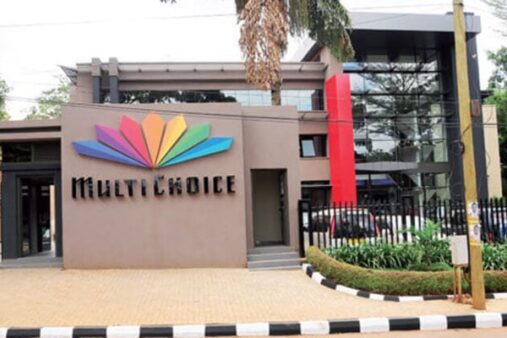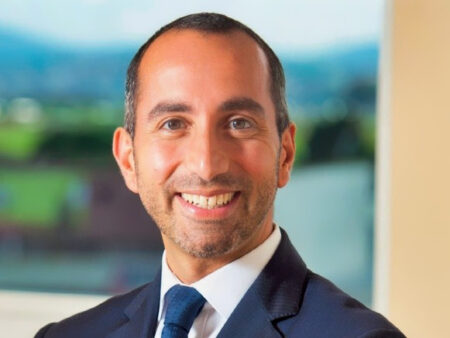Uganda Communications Commission (UCC) has opposed the idea of government giving preferential treatment Uganda Telecom in securing government business over other telecoms, warning that it could present a number of challenges to the industry from a regulatory perspective.
Telecoms currently mint cash from government largely through voice services, which supplements heavily to their bottom line and financial health.
UCC’s warning arises from two contentious conditions which government has to meet, commiting to support the revamped Uganda Telecommunications Company Limited (UTCL) by giving it priority for government telecommunications business, and an exemption of import duty on all telecommunications infrastructure imported by the company within a period of five years.
The conditions are part of the clauses in a Government Support Agreement between ROWAD Capital Commercial LLC, the preferred private investor and UTCL, among which, it provides for investor protection.
The conditions, among other shareholding details, are contained in a January letter dated January 4th from the Attorney General’s Chambers to the Ministry of Finance, and ICT Ministry as government shareholders in the new government telecom.
Julianne Mweheire, Director Industry and Content Development told the CEO Magazine that such a practice is likely to create a perception of bias and erodes trust in the regulatory process that is necessary for fair competition.
Mweheire explained that tax deductibles and priority market access can distort market structures from competitive structure to monopolistic or oligopolistic markets.
“It creates a barrier to entry for new competitors, stifles competition therefore reducing market dynamism and growth. This can result in regulator capture by undermining the independence of regulations that ensure fair competition and protection of consumer interests,” Mweheire said.
Another argument that UCC raised is that entities, in this case telecoms, with the unfair advantage will fail to uphold regulatory obligations such as investment threshold that are required for innovation and efficiency therefore resulting in limited products and services, which at the end undermines the consumers rights to services and product choice.
“As the regulator, we thrive to create a level playing field for all the licensees and therefore government prioritizing an entity over others, even if state owned, can lead to competition and market structure challenges,” Mweheire notes.

However, UCC has also indicated it is not unusual for government to provide support and prioritization for an entity particularly when government is a shareholder, for a few reasons, such as, when there’s national interest in the fulfillment of specific objectives that include the reduction in cost of ICT services or other workings of government through this support.
Another reason that UCC identifies is the protection of government data and transactional information that government would prefer not to be in the control of private investors.
“We have not seen that referenced proposal. However, such a proposal would be distortionary to the market. However, we recognise that the government has the mandate to give or revoke tax holidays,” David Birungi, Airtel’s Public Relations Manager said.
Sale of data services
UTCL, which is set to take over government data infrastructure from the National Information Technology Authority Uganda (NITA-U), is expected to also sell data services to government institutions.
In August last year, ICT Minister Chris Baryomunsi announced a further reduction in the price of internet bandwidth for Government Ministries, Departments and Agencies (MDA’s) from USD 70 to USD 35 per megabytes per second through the National Backbone Infrastructure (NBI) run by NITAU- U.
Baryomunsi noted that the price reduction meant government offices connected to the backbone infrastructure would consume internet at the lowest price in the market.
“This landmark achievement solidifies the Government’s position as the undisputed market leader in setting internet prices,” Baryomunsi said, which on the side of government would drive substantial savings on the government’s communication budget.
UTCL’s takeover of NITA-U data infrastructure is yet to materialise after a fight emerged early this year with the NITA-U Executive Director, Dr Hatwib Mugasa opposing the transfer of the data infrastructure to UTCL, even after President Museveni’s directive giving a greenlight for the transfer.
Maggie Mukiibi Lutwama, the UTCL Chief Operating Officer told the CEO Magazine that, onboarding of the new private investor is going on, without providing the specifics and timelines of the onboarding process, and whether the private investor had provided the UGX 250 million as minimum capital requirements.

 Diageo to Exit East African Breweries as Asahi Takes Control
Diageo to Exit East African Breweries as Asahi Takes Control


